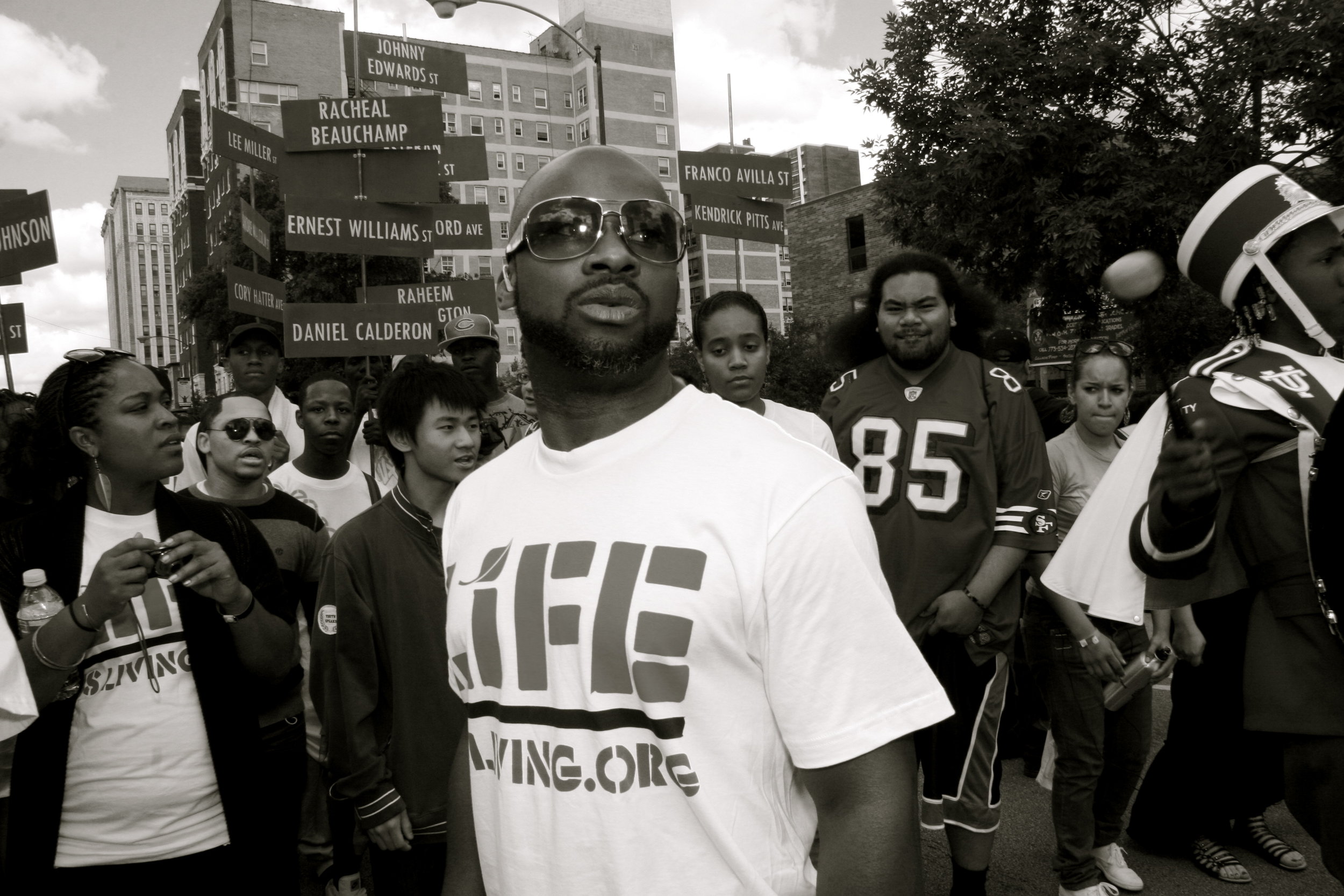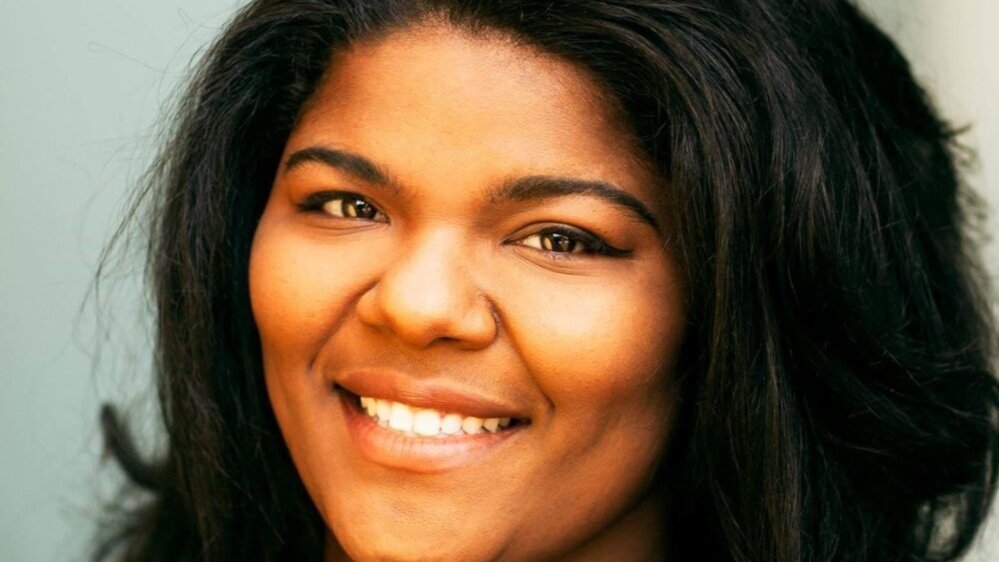O19

Opera Philadelphia’s season-opening O19 Festival exemplifies everything that’s positive about the current state of opera in America.
Returning home on the train after attending the O17 Festival, Opera Philadelphia’s initial foray into the festival format two years ago, I remember thinking opera in America had finally crossed over into a new era. Although the genesis of the era probably starts with the 1976 premiere of Einstein on the Beach, and should acknowledge the career-long efforts of David Gockley, hints that something new was on the horizon really began appearing between 2006 and 2008, including the launch of Beth Morrison Projects, Minnesota Opera’s New Works Initiative, the debut of Opera Parallèle in San Francisco, and the polarizing response to Achim Freyer’s Ring Cycle at Los Angeles Opera, to name an influential few. The next phase began after 2010, and included the debuts of the Prototype Festival in New York and The Industry in Los Angeles, the launch of the American Opera Initiative at the Kennedy Center, Long Beach Opera’s Outer Limits series, and David Devan taking the helm at Opera Philadelphia (OP).
Importantly, these events happened while a new generation of composers came of age artistically -- a group that, for the first time in opera and classical music’s history, was not overwhelmingly dominated by white men whose descendents came from Europe. A new generation of adventurous opera administrators took some risks, the composers looked around themselves and forward for inspiration instead of looking back, and synergy took hold. Suddenly the days when most new American operas received a “one and done” production, and perhaps an exhumation to coincide with a historical anniversary, felt increasingly like a thing of the past.
O17 felt like the successful culmination of all those efforts. Over two days I saw three impressive world premieres: Kevin Puts and Mark Campbell’s edgy, funny Elizabeth Cree; David Hertzberg’s site-specific, wildly imaginative The Wake World; and Daniel Bernard Rouimain and Marc Bamuthi Joseph’s timely, disturbing, provocative We Shall Not Be Moved. Plus, I also got to see Barrie Kosky’s radical and delightful production of Mozart’s The Magic Flute. All of it was quality work, the productions were riveting, and each was well-attended or completely sold-out. The experience left me convinced that the golden age of opera in America had finally arrived. On the train home I was amazed at not only the quality of what I’d just experienced in less than 48 hours, but how well-thought-out and organized the whole thing was. My only regret was that I didn’t see it all, including a recital by Sondra Radvanovsky and the Philadelphia premiere of War Stories, Lembit Beecher and Hannah Moscovitch’s mash-up of their own work with Monteverdi’s Tancredi e Clorinda.
The next year Opera Philadelphia did it again, and O18 featured a similar template: the company premieres of Laurent Pelly’s production of Donizetti’s Lucia di Lammermoor and Ne Quittez Pas, a new interpretation of Poulenc’s La Vox Humaine featuring a libretto by Jean Cocteau starring Patricia Racette; Queens of the Night, an evening of song, camp, and drag featuring Stephanie Blythe and Justin Vivian Bond; and Sky on Swings, a world premiere about two women dealing with Alzheimer’s starring Frederica von Stade and Marietta Simpson, with music by Lembit Beecher and a libretto by Hannah Moscovitch, creators of the previous festival’s War Stories.
This year Opera Philadelphia returns with the O19 Festival, September 18 - 29, and the format has crystallized into one that offers something for every kind of opera fan. Highlights include a main-stage production of Prokofiev’s comedy The Love for Three Oranges at the Academy of Music, conducted by Corrado Rovaris and directed by Alessandro Talevi, featuring Jonathan Johnson, Wendy Bryn Harmer, Scott Conner, and Barry Banks; the company premiere of Handel’s Semele, directed by James Darrah (who directed OP’s acclaimed world premiere of Missy Mazzoli’s Breaking the Waves), conducted by Gary Thor Wedow, featuring Grammy-winner Amanda Forsythe in the title role making her company debut alongside Daniela Mack and Alek Shrader; the world premiere of Let Me Die, Joseph Keckler’s comedic show featuring soprano Veronica Chapman-Smith, famous operatic death scenes, comedic shenanigans and video, presented in partnership with the 2019 Philadelphia Fringe Festival.
But what especially stood out to me this on this year’s schedule is the world premiere of Denis and Katya, a chamber opera scored for four cellos based on real-life events from the final days of two Russian ninth-graders, Denis Muravyov and Katya Vlasova. The elements of their story reads like a laundry list of this afternoon’s hot-button issues -- gun violence, disaffected youth, and social media at its most destructive and voyeuristic -- all combining to end in the needless deaths of two young people. It’s bound to be provocative and disturbing,and that too, struck me as another constant about OP’s programming, which has now presented a new work reflecting our own time during each version of its Festival. And these new works have no qualms acknowledging ours is a disturbing time.
Talking about what draws OP to these operas, Sarah Williams, OP’s New Works Administrator says, “We’re inspired by telling stories that look and sound like us... creative artists that are willing to walk into that, uniquely and creatively, are inspirational.”
At O17 the inspiration came from Daniel Bernard Roumain, Marc Bamuthi Joseph, and Bill T. Jones, resulting in We Shall Not Be Moved. WSNBM followed a group of young people of color as they moved into the abandoned house that was the former headquarters for MOVE, the black liberation group bombed by Philadelphia police in 1985, resulting in the deaths of 11 people and the destruction of an entire neighborhood. In the opera, the young people move into the house to escape the present, where they encounter the ghosts of the former residents. It’s an opera that examines the despair of youth, told in today’s vernacular, presented in today’s aesthetics. It worked remarkably well, as both opera and as an expression of contemporary African-American culture and concerns.
We Shall Not Be Moved: West Philly cop Glenda (Kirsten Chavez) asks Un/Sung (Lauren Whitehead) why she and her brothers are not in school.
Photo: Dave DiRentis /Opera Philadelphia
Last year at O18, the second year of the new Festival, OP presented the world premiere of composer Lembit Beecher’s Sky on Swings. Starring Frederica von Stade and Marietta Simpson as two women afflicted with Alzheimer’s. Sky on Swings is a devastating work to watch and hear, as the audience can see not only its own loved ones in the lead characters, but themselves as the narrative reaches toward how desire remains a constant part of the human experience. The libretto by playwright Hannah Moscovitch doesn’t flinch, and combined with Beecher’s unnerving ability to create jarring soundscapes delineating a mind’s unraveling, Sky on Swings, with its committed, heartbreaking performances from von Stage and Simpson, it is unlikely to be forgotten by those who experienced it. Importantly, it also created two leading roles specifically for older women.
Sky on Swings: Marietta Simpson (left) as Martha and Frederica von Stade as Danny. Photo by Steven Pisano.
This year O19 includes an opera about two fifteen-year old runaways holed up in a cabin, armed with guns and loaded on booze, smoking cigarettes and livestreaming their adventure online. It isn’t going to be for everyone. Denis & Katya is the second collaboration between the composer Philip Venables and librettist-director Ted Huffman, their first being the award-winning Royal Opera House commission 4.48 Psychosis, which had its U.S. premiere at this year’s Prototype Festival.
Composer Philip Venables and librettist-director Ted Huffman. Photo by Dominic M. Mercier.
Writing in The New Yorker about 4.48 at Prototype, Alex Ross describes Venables as “more of a countercultural figure than [fellow English composers] Adès or Benjamin, favoring violent subjects and violent sounds.”
Ross then adds:
Venables’s bent for politically charged topics is all the more conspicuous because of his frequent use of speaking voices, which are coördinated with rapid-fire instrumental lines. Yet he is also a composer of considerable refinement, who can weave ethereal textures from a few carefully chosen pitches. This combination of savagery and economy makes for an arrestingly original musical personality.
While 4.48 Psychosis was an adaptation of British dramatist Sarah Kane’s play about depression, Venables and Huffman created Denis and Katya directly from source materials and firsthand accounts, some of which they obtained by visiting the region of Pskov, where the youngsters lived.
Katya Vlasova and Denis Muravyov, the subjects of Philip Venables and Ted Huffman’s Denis & Katya.
Huffman describes the opera’s origin:
“I came across the story of Denis and Katya – as many others did – through a Facebook news item, a promoted link: two angelic faces over a lurid headline comparing them to Romeo and Juliet. The story had been chosen for me by an algorithm. I clicked. I forwarded the link to Phil and we started to chat about them, not only about their story but why we had been drawn into it, how it was that the internet cycle of news had brought them to us – these two, chosen from among what must have been thousands of tragic deaths and suicides that day, that week, that month, in the world.
“There is something undeniably theatrical about [Denis and Katya’s] last days. They chose to put themselves on camera. It felt like they were reaching out for some kind of connection on the internet, and I think opera is all about connection. Naturally, the next question is, whose perspective is the storytelling coming from, and it was really interesting to me to try to incorporate multiple perspectives. I think this idea that a community can tell a story is very powerful.”
Indeed, Venables and Huffman present the story through the community, letting six characters performed by two singers provide the narration through singing and spoken dialogue, supplemented by projected texts and commentary from the livestream feed as it appeared on Periscope. The projections identify who is speaking.
“The brutality of social media, of living our lives online. A sad, tragic story that should have never happened…
This could have happened anywhere.”
- Philip Venables
“We have zero options.”
- Katya Vlasova
Returning to my initial thoughts after attending O17, Huffman validated them by noting “Philadelphia has become this really important company for new work in America… Philadelphia is that company that’s doing exciting projects and really committing to new work, which I think is exactly what our art form needs… From the beginning we knew that this piece was going to be made slightly differently than most operas. This project in particular, required a company like Philadelphia to support it.”
Denis & Katya was commissioned and produced by Opera Philadelphia in collaboration with Music Theatre Wales and Opéra Orchestre National Montpellier. It opens O19 on Wednesday, September 18 at 8:00 pm, with additional performances September 21, 22, 23, 25, 28, and 29.
For more details, tickets, and a complete listing of O19 performances, visit the O19 website.
Top Photo taken from The Love for Three Oranges. Photo by Michele Borzoni.









